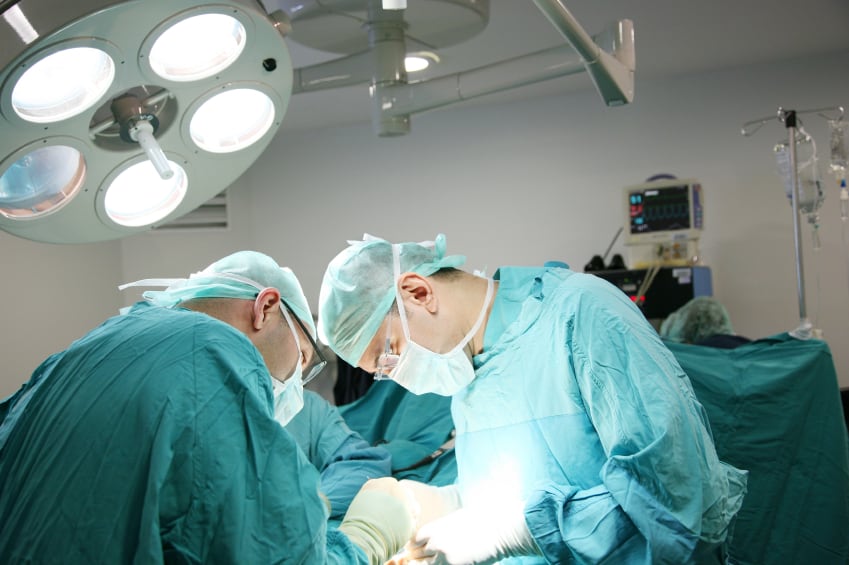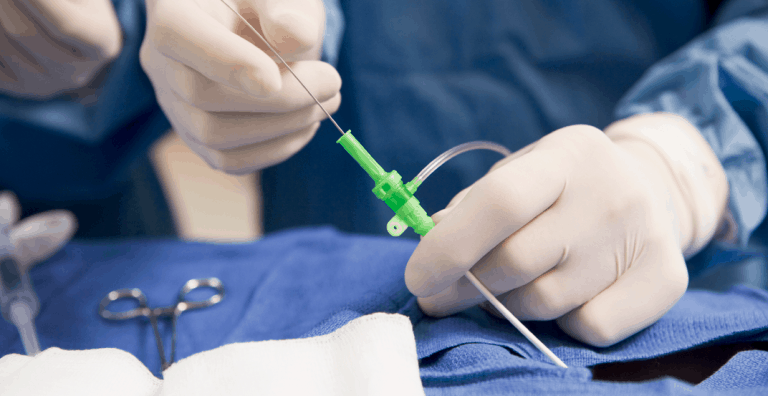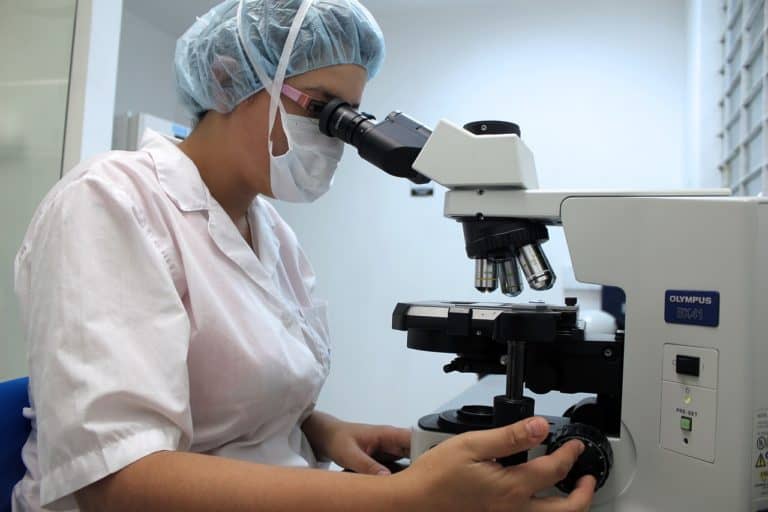Radical prostatectomy is a surgical procedure used as a treatment for prostate cancer. This procedure involves the complete removal of the prostate gland, the seminal vesicles, and, in some cases, the lymph nodes that surround the prostate gland to ensure the entire malignancy is removed and there is no chance for recurrence.
Types of Radical Prostatectomy
There are three different methods through which a radical prostatectomy procedure may be performed. The open retropubic method is the manner in which the prostate is removed through a surgical incision in the lower abdomen. The open perineal method is the manner in which the prostate is removed through a surgical incision that is made between the rectum and the scrotum. The laparoscopic method for radical prostatectomy is performed with surgical instruments inserted through tiny keyholes in the abdomen and the prostate is removed through one of the tiny keyholes.
Depending on which approach is taken to perform the radical prostatectomy procedure, this surgery normally takes between 90 minutes and four hours to complete.
Prior to the radical prostatectomy procedure, an intravenous line will be placed in your arm in order to administer antibiotics, which will help avoid post surgical infections and also to administer pain medications and sedatives. There are several different types of anesthesia that may be administered during the radical prostatectomy procedure.
General anesthesia, which is the most common type of anesthesia for patients undergoing radical prostatectomy, is when the patient is put totally to sleep as to avoid feeling any pain during surgery. If general anesthesia is used, a breathing tube will be placed in order to assist with breathing. Other forms of anesthesia used during a radical prostatectomy procedure include spinal and epidural anesthesia. With these types of anesthesia, no breathing tube will be inserted for the procedure, however, you will get sedatives and pain medications to ensure you are relaxed and feel no pain.
After the radical prostatectomy procedure has been completed, the breathing tube will be removed if general anesthesia was administered. You will be monitored in the recovery area to ensure anesthesia has worn off properly and vital signs have returned to normal. You will be given pain medication and antibiotics through the intravenous line to ensure to minimize post-surgical pain and to avoid post operative infections. Your bladder will be flushed with sterile solutions to rid the bladder of any blood, blood clots or any other unwanted debris that may have developed in your bladder during surgery. If the radical prostatectomy procedure is successful with no post-operative complications or infections, you can expect to be released from the hospital within 48 to 72 hours.







